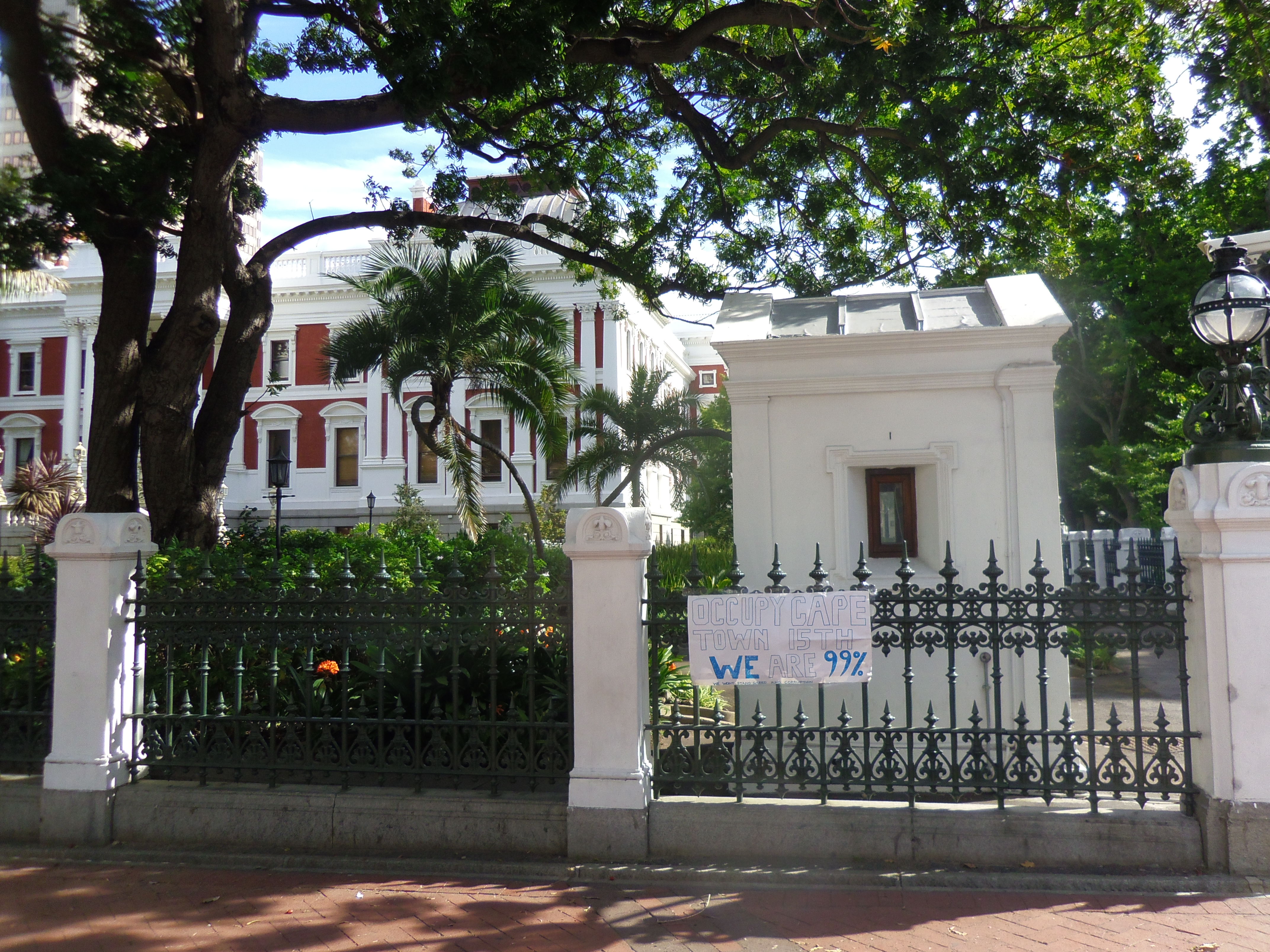Supporting the Brazil Truth Commission
As I mentioned earlier, Truth Commissions are a bit "trendy" these days. The South African Truth and Reconciliation Commission (TRC) was highly publicized and respected around the world, and TRCs in Latin America also brought a lot of international praise to those countries for actively addressing impunity and attempting to bring out the truth for a new generation. Argentina, Chile, Peru, El Salvador, and others have had fairly successful truth commissions as a way of examining abuses that occurred under previous dictatorships or military regimes. This is especially valuable for many South American countries because they are somewhat restricted in their ability to hold more active transitional justice actions, such as prosecutions, because the members of the former regimes were often granted amnesty for prosecution as part of the peace settlement process. Many of these former regime members are still quite influential, either because they are still in politics, or they're simply enjoying the high life in their mansions, with quite a bit of economic and social clout. In many countries, the military played a large role in committing human rights violations, and military officers today are very concerned that they might be exposed to criticism or prosecution. Truth commissions tend to be softer and less threatening to these folks, and they at least give victims a voice, bring the truth about oppression to light, and hopefully offer some guidance and advice for the future.
I am currently writing two chapters for a guide to running truth commissions that will be distributed to judges and lawyers in Brazil. Brazil is the most recent country to consider holding a truth commission. It might seem strange that Brazil would do this now, since Brazil's military dictatorship ruled from the mid-1960's until 1985, so these are events that happened quite a while ago. And Brazil is currently doing quite well as a country. The economy is growing and, although human rights abuses, especially by police, are sometimes reported, by all accounts Brazil is becoming a much fairer, safer, and more equitable place to live than it once was. Nevertheless, there are still concerns over Brazil's failure to ever address the human rights abuses that occurred earlier in its history. The bill to hold the commission has passed in their parliament, but there's still quite a lot of opposition to it. Military leaders especially are opposed to the commission and have made grumblings that they will refuse to participate or release any information from their offices. This really is a shame, since certainly quite a lot of questions could be answered if people had access to military records from that time.
The guide we're writing for Brazil will accompany a conference and series of trainings that ICTJ is also running. Howard has been in Brazil running one of the workshops for judges, called "Complementarities for Transitional Justice Mechanisms." He brought a prosecutor from South Africa with him, someone who had attempted to prosecute political leaders who committed human rights abuses in South Africa in the 1990's and then found himself out of a job and blacklisted, due to the many political toes he had stepped on. Although of course the political climate in South Africa is quite different from Brazil, it was still interesting for them to meet with a prosecutor who tried to challenge political impunity and ended up getting the boot for it. But Howard said they nonetheless seemed inspired, and perhaps will just proceed with more caution than this fellow.
Below is a picture taken outside of Parliament last week, announcing the upcoming Occupy Cape Town rally (see - it's happening even here!). Honestly, the wealth inequality here in Cape Town is so egregious, I'm amazed there aren't more protests like this.
